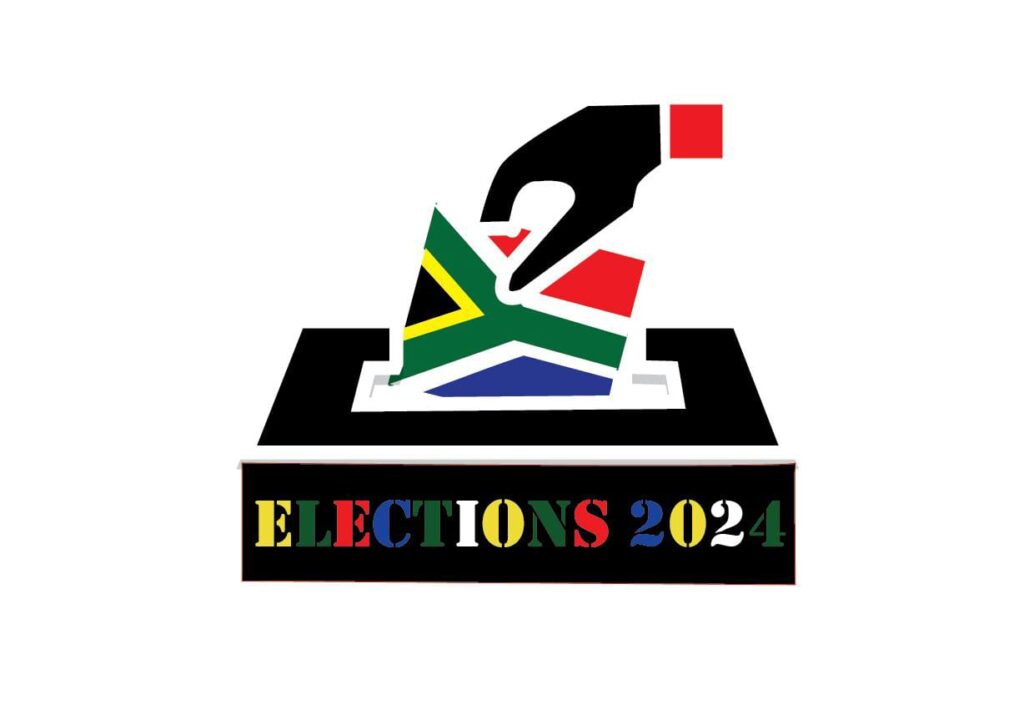Johnathan Paoli and Tlholohelo Mosala
Novel party Rise Mzansi has spelled out its vision for the future of education in South Africa and the pivotal role it plays together with the youth as the foundation of increased industrialisation and economic growth.
In an interview with Inside Politics, Rise Mzansi Gauteng Premier Candidate Vuyiswa Ramokgopa said considering the state of the nation, there was a drastic need for transformation and investment in sustainable, accountable, open and functional systems and strategies in taking South Africa forward.
“As a country and an education system, we are far too focused on a theoretical, academic oriented approach; and if we have to catalyse the skills revolution that we require we need to focus a lot more on practical and technical skills that can fuel an industrialised economy,” Ramokgopa said.
Ramokgopa pointed out that the current education system harboured certain but important weaknesses and required a complete shift in priorities in order to more effectively accommodate the economy and encourage further development.
“We feel that one of the failings in our education system has been not investing in bilingual instruction across all official languages in the country,” she said, adding that the current education system was not only a legacy of the country’s apartheid past, but a continual failure by the ANC-led government.
“The one urgent priority we need if we’re going to be able to catalyse the level of industrialisation and economic growth we want in the long term, we need to invest in technical specialised schools, including agriculture and technical skills in key industries,” she said.
In light of half of unemployed South Africans having matric, there was an urgent need for an investment in regional training facilities for people who did not complete school, which would focus on knowledge and skills related to key primary sectors such as agriculture and tourism, as well as trades such as bricklaying and plumbing, Ramokgopa said.
Rise Mzansi would consider all training including basic business skills training to enable the formation and success of family and localized enterprises, as well as the implementation of a three-month conditional job-seekers grant connected to the completion of such skills development programmes.
“We will develop a roadmap to reform the education system to achieve better outcomes for all learners. This reform will consider all aspects of our education system, including, among others: education governance; teacher training and development; modernizing and future-proofing curricula; effective use of education technology; evaluating teachers’ effectiveness; and ensuring there are multiple, effective pathways for learners into post-school employment, further education or training”.

Ramokogpa added that “civic education” should be included within an African-centered curriculum which introduces learners to the ways of learning key social, political and economic issues of classical, post-colonial and modern-Africa themes in imagining African futures.
Also, ensuring schools as safe spaces for children and learning was key, and that eradicating pit latrines and increasing security interventions in at-risk schools, she said, was one of the party’s highest priorities.
Rise Mzansi has previously committed that in line with the National Youth Service and other youth leadership programmes as well as public-private community projects, the party envisaged a way of giving youth not in employment, education or trading a path into skills development, work experience and interpersonal development with a stipend that is equivalent to a job-seekers grant.
INSIDE POLITICS
